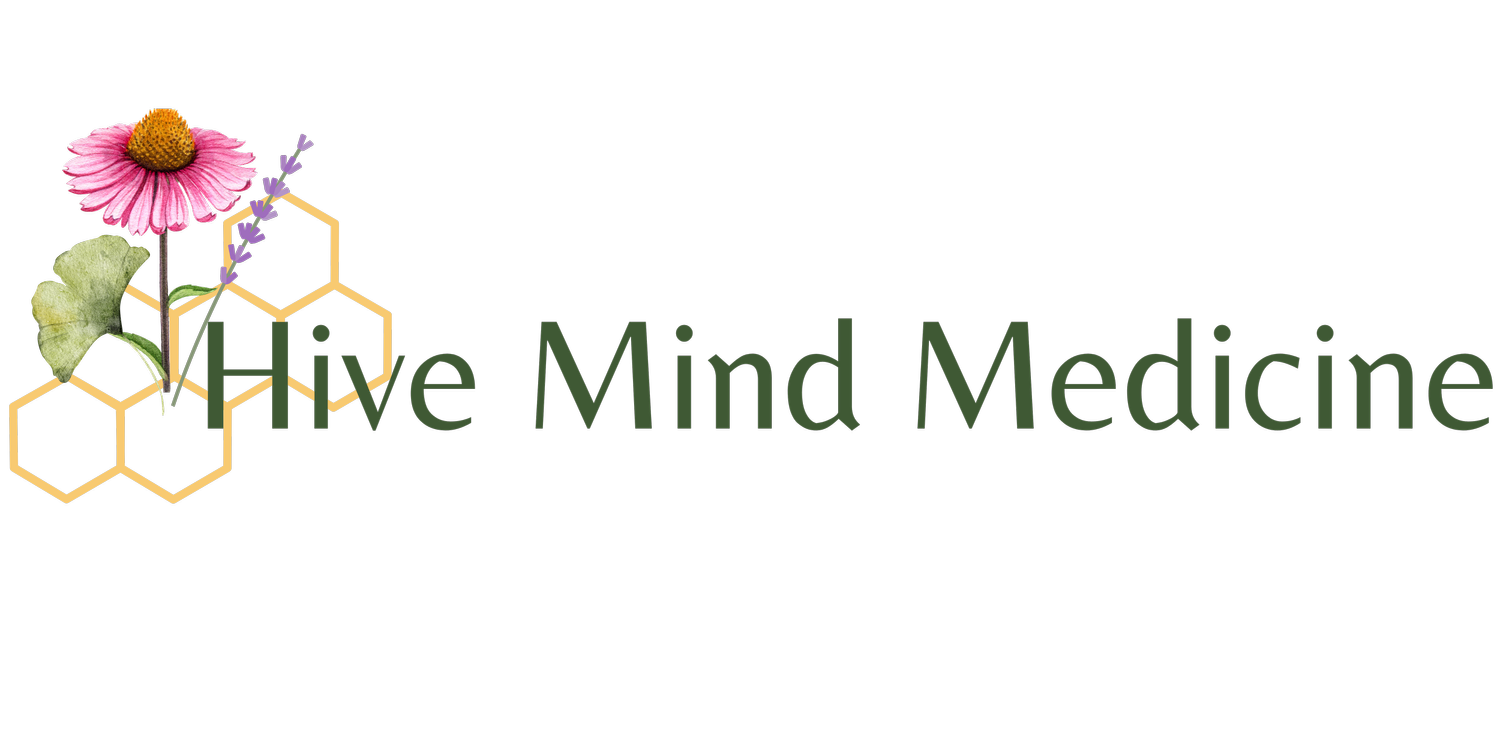Is There a "Sweet Spot" for Alcohol Consumption?
Kayle Sandberg-Lewis, LMT, MA, BCN-Fellow
Much excitement was generated several years ago when a study purported to show there is a “sweet spot” when it comes to alcohol consumption and health. According to the study, people who entirely abstained from drinking alcohol were more likely to have problems than those who drank a little alcohol each day. This was graphically represented by what is called a J curve, although the “J” looks a little tipsy.
The idea was captivating – somehow, just the right amount of alcohol, something that is neurotoxic at any level of consumption, appeared to be protective. This caused one to say, “Hmmmm.”
As with most things that seem too good to be true, this turned out to be too good to be true. A series of meta-analyses has shown that the original investigators failed to differentiate between non-drinkers who had never consumed alcohol and those who had stopped drinking and were in recovery. A redrawn graph taking this information into account would remove the “hook” of the J and the resulting graph would show that any consumed alcohol is neurotoxic.
When I was a kid, my health class teachers taught that we are born with only so many brain cells that can’t regenerate and every beer we drink kills off some of those cells.
They were wrong in stating neurons cannot regenerate, but they were almost right about the effect of alcohol on neurons. It is neurotoxic. Consumption of any amount of alcohol has been shown to interfere with deep sleep. This is significant because deep sleep is when neurons regenerate. Disrupted sleep is highly correlated with poor outcomes including the development of neurodegenerative diseases.
Kayle Sandberg-Lewis holds a M.A. in Behavioral Medicine, the study of how what we do affects our well-being. She has over three decades experience in stress management and is board certified in neurofeedback, which she introduced to her practice in 1996. Kayle co-founded Hive Mind Medicine in 2019, where she currently offers neurofeedback to her clients.
Hive Mind Medicine blog posts are for educational purposes only and are not intended as medical advice. Please consult with your health care practitioner for personalized guidance. Click on the contact button below if you would like to schedule with one of our Hive Mind practitioners.


